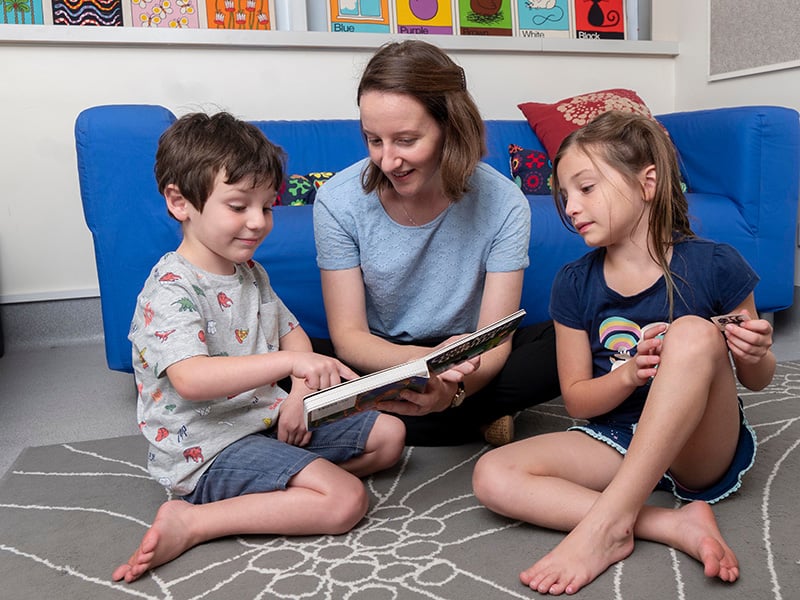Search

News & Events
CliniSibsCliniSibs is an after-school small group program designed to support siblings of autistic children.

News & Events
Welcome to the team Leah!Meet Leah – the latest addition to the CliniKids team. We asked Leah, our new Operations Manager, a couple of questions to get to know her.
By fundraising, you’re helping raise awareness and provide funds to support CliniKids and the work we do with autistic children. There are lots of ways to fundraise, online and offline.
Contact us If you have any questions about getting started, please contact our giving team. We're happy to help! +61 8 6319 1333 giving@

Embrace @ The Kids Research Institute Australia is Western Australia’s first research collaboration devoted to the mental health of infants, children and young people ages 0-25.

News & Events
Senior researcher presents at perinatal mental health conferenceSenior Embrace researcher Dr Alix Woolard has called for more support for NICU parents and families at the 2025 Perinatal and Infant Mental Health Symposium.

News & Events
Roadmap unveiled to support Aboriginal and Torres Strait Islander LGBTQA+ youthWalkern Katatdjin researcher and lead author Mx Shakara Liddelow-Hunt leads a conversation with the community on the key actions to include in the Roadmap.

News & Events
Finalist for Indigenous leadership award announcedThomas Betts is a semi-finalist in the National Indigenous Times Indigenous Community Leadership Award.

News & Events
Urgent changes needed to Close the Gap in Indigenous mental healthResearch from Embrace has investigated cultural safety for Aboriginal young people in mainstream mental healthcare in Boorloo, Perth.

News & Events
Guest article: What it's like to live with Tourette SyndromeConor Maysey was a guest on Dr Alix Woolard's podcast, Embracing the Mind.
